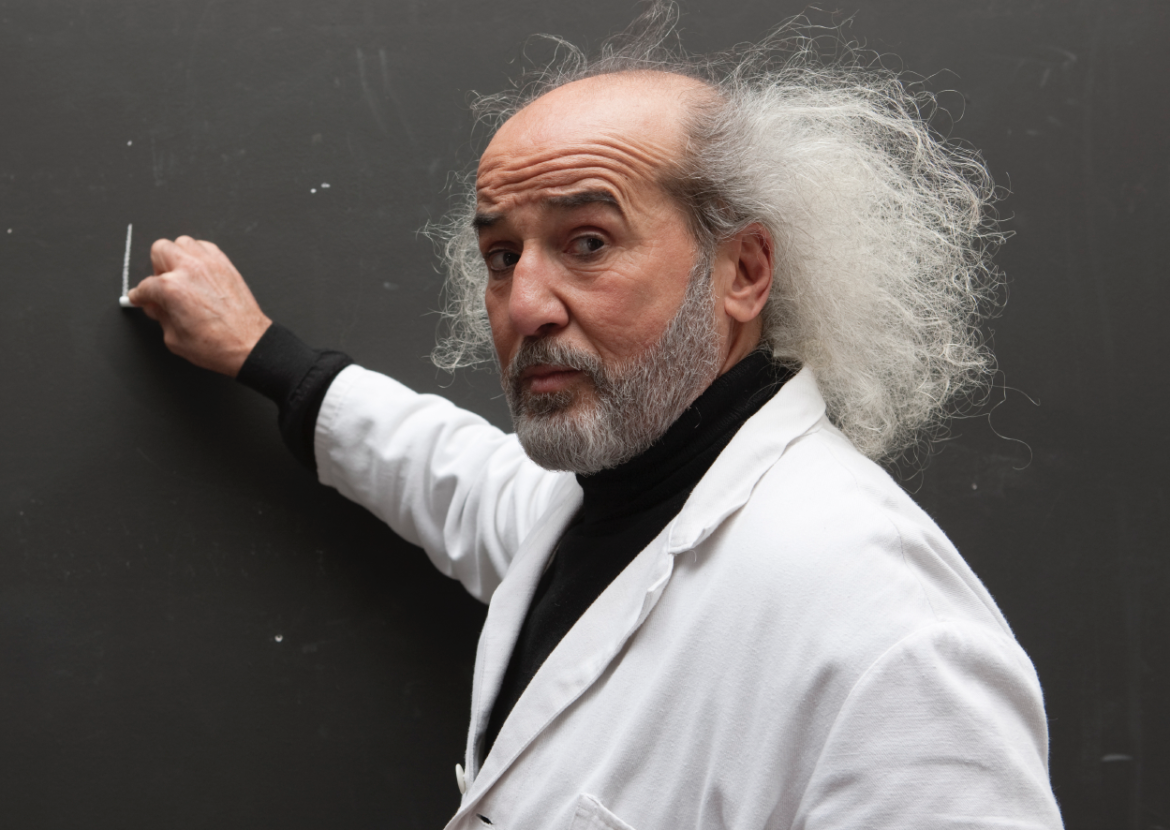
By Professor Per Dantic.
That’s a fashionable phrase with the commentators now.
‘In and around’ has become very popular. What does it mean? What does it mean? Let’s take a moment to examine what the two words, ‘in’ and ‘around’, are describing. ‘In’ gives a boundary for something to be inside. ‘Around’ is saying some place on the other side of that boundary. One is a specific location and one is an area surrounding that location. ‘In’ is quite precise. ‘Around’ is quite vague.
That’s the reason we have two words. They offer you two options to use. There are times when you want to put something in a place, and you don’t want to put it around that place at the same time. That is the so-called ‘number one’ option. Then there are times when you want to put something around a location, and you don’t want to simultaneously put it in that location. Yes, you guessed right, that’s the self-styled ‘number two’ option.
Occasionally there are going to be times when you want to have the third option, when you want to put something in a place and around that location at the same time. That’s what the ‘and’ is contributing in this sentence. Using ‘and’ says both are included.
But, for some reason that nobody has ever taken the time to explain, the commentators can no longer say ‘in’ without adding ‘…and around’, or say ‘around’ without adding ‘in and …’. I know what you’re thinking. Why has this guy got a bee in and around his bonnet about them always adding ‘around’ when ‘in’ is enough and ‘in’ when ‘around’ is sufficient?
Well let me explain.
It’s putting a spanner in and around the works. Always using option three when you mean option one or option two means you are always combining the precise and the vague. They’re not like two peas in and around a pod. The ‘and’ is muddying the water. It’s vaguing up your precision and precising down your vague. It describes something exactly and roughly. Everything becomes a riddle wrapped in and around an enigma.
This is not just a storm in and around a teacup. Saying within the boundary and anywhere outside the boundary is just a long winded way of saying ‘anywhere’. So when the commentators say ‘they need to get the ball in and around the box’, and you may be ahead of me here, they mean ‘they need to get the ball anywhere’. Get it in the box. Get it around the box. Both are fine. Both are following the advice. In short, ‘they need to do something’. How would any of us ever know if they had followed the commentator’s advice?
Is this how commentators live their lives? Do they pour the coffee in and around the mug, and put Shredded Wheat in and around their mouth? Do they put their rubbish in and around the bin, and piss in and around the toilet? Do they walk in and around the dog shit on the pavement, and put their letters in and around the post box? Do they put petrol in and around the car, then drive in and around the hole in the road?
The rest of this article is for subscribers’ eyes only.
[ttt-subscribe-article]